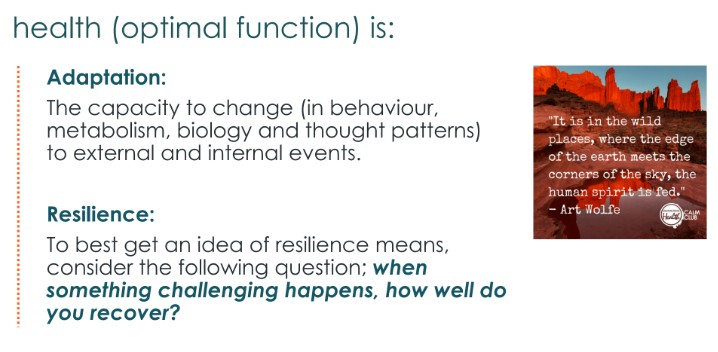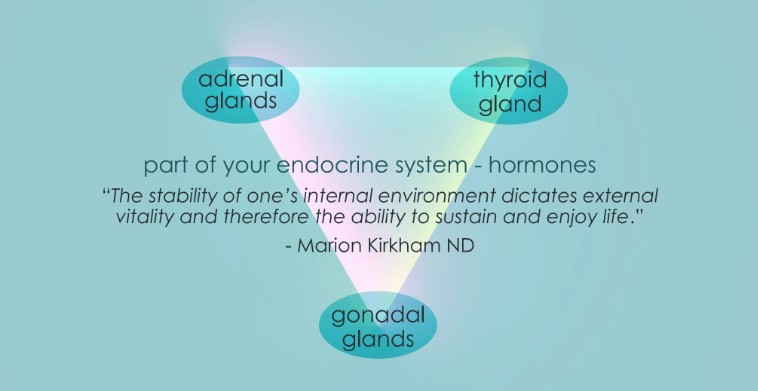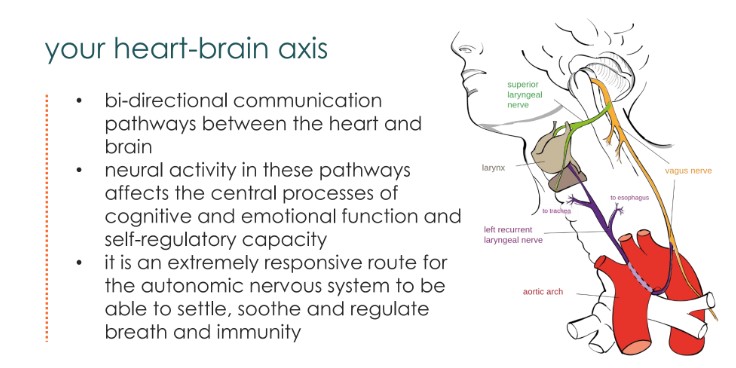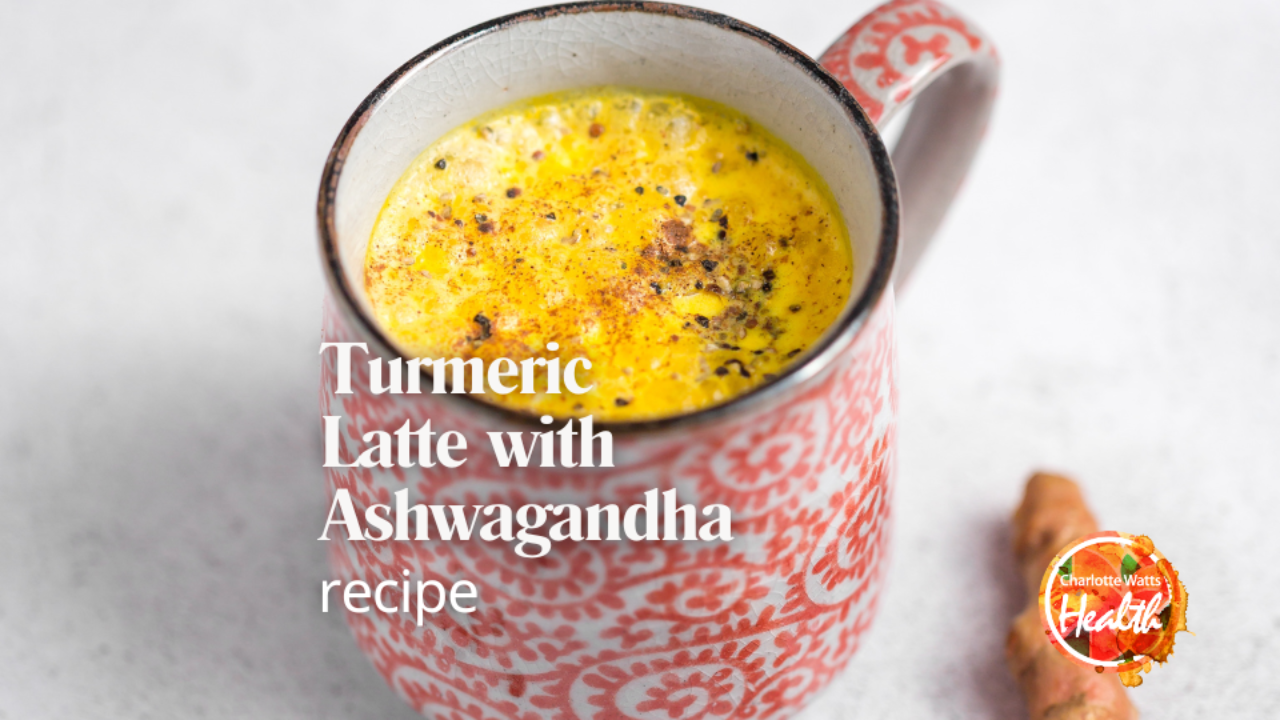We are always going through phases of change, whether we notice them as substantial or not. This January one can often seem like the motherload though, with high expectations and suggestions coming at us from all angles.... whether it's giving up something, doing something else or fixing that thing that is 'wrong' with us, there is a sense of this ideal, other self that we should be.
There is a phrase doing the rounds at the moment that is particularly pushing my buttons; "be the best (or better) version of yourself" - eh? What on earth does that mean? To me, there is an implication that if all the boxes are not ticked, I am simply not good enough. I guess it's the word version I react to there - we have so many facets to our beings that to judge some as good and others not so much adds in to our cultural norm of self-criticism.
I do believe in constant awareness of which unmet needs I am playing out for sure, but have learnt that I need to be mindful of looking at the unconsci...
It's easy to lose our sense of satisfaction and need-over-want at this festive time, but finding ways to stay connected can make the whole shebang leave a better taste in our mouths in the aftermath...
A big part of Christmas “enough already” can be around the area of food. When everything suddenly becomes adorned and dressed in festive labels, we can lose our connection with its effects in our bodies.
It’s lovely to have a treat, but less lovely when it affects our immunity, energy, mood and digestion in ways we do not enjoy.
How are you feeling about the holidays this year?
 Awareness is always helpful, so the big question at this time of 'the more the merrier' it seems, is can we retain a sense of 'enough already' in the face of such excess? The lead up to the main event is a good time to step back, take stock and see how Christmas or whatever you celebrate is permeating our lives and our expectations.
Awareness is always helpful, so the big question at this time of 'the more the merrier' it seems, is can we retain a sense of 'enough already' in the face of such excess? The lead up to the main event is a good time to step back, take stock and see how Christmas or whatever you celebrate is permeating our lives and our expectations.
Are you dizzy as a child at the thought of Santa’s touchdown or feeling...
Whilst original yuletide feasts were designed to celebrate coming together as communities to nourish and fuel for the coming deep winter months, human’s love of the sweet stuff seems to get a free pass at Christmas. It can even seem conspiratorial when, if you politely decline the stollen cake, you can receive a sideways glance that makes you feel like you’re Scrooge.
Personally, a few years back I reached the limit of feeling like c*&p after each Christmas Day finally arrived – sluggish, head-achy, tetchy and with raging sugar cravings – and longing for when all the so-called ‘Christmas food’ was finally gone. I have a tendency to want to hoover up sugar just to get it out of the way, so this can seem endless with so much around!
 For those of us with sugar-addictive tendencies, constantly having it around can be a major source of stress.
For those of us with sugar-addictive tendencies, constantly having it around can be a major source of stress.
Many of my clients get pretty agitated going to meetings where there are always biscuits and the ‘bonding with sugar’ that is so prevalent...
All sugared-up
With Christmas comes the onslaught of brightly coloured wrappers and decorated boxes adorning chocolates, biscuits and sweets. For some, this represents dietary abandon with the resolution to bring it all round in the New Year.
But some of us have had enough of that swing and prefer not to feel like we’re lurching from a sugared-up state that leaves us feeling sluggish, bloated and, well, a bit dirty, to somehow suddenly having the willpower to give it all up come Hogmanay. So let’s unpick some of those Christmas habits in order to maybe evolve some healthier ones...
 The sweetness of tradition and Its potential traps
The sweetness of tradition and Its potential traps
While original yuletide feasts were designed to celebrate coming together as communities to nourish and fuel for the winter months, human’s love of the sweet stuff seems to get a free pass at Christmas. It can even seem conspiratorial when, if you politely decline the third round of mince pies of the day, you can receive sideway glances that make...
The short blog below accompanies the full Self-Soothing Massage video above, led by Leo Taylor - available within Whole Health membership.
This practice and blog supports Chapter 9 of my Nine Foundations of Whole Health Natural Health Webinar on Nasal Breathing & Posture - (available to Whole Health Members). See my previous blog for more info on that chapter.
A Gentle Practice for Seasonal Support
As we move through this transitional time of year, many of us are navigating coughs, colds, and lingering viruses. This practice focuses on gentle breathing and nurturing massage around the sinuses, nose, and face - areas deeply connected to our immune response and to the quality of the air we take in through the nose.
Settling In With Comfort and Warmth
We begin by finding a comfortable position where you feel warm, supported, and at ease. This practice is intentionally soft, especially if you’re feeling congested. You always have agency here, to shift, adjust, or complete...
Nasal Breathing & Posture: Returning to the Body’s Natural Design
After 50 Whole Health webinars and a wealth of shared learning, it feels timely to gather some key threads together. We have been exploring so many layers of whole-body health over the past month and this week it feels appropriate to return to something incredibly simple yet profoundly impactful: nasal breathing and posture. These two foundations sit quietly beneath almost everything we talk about - energy, resilience, calm, digestion, immunity - and they work best when they work together.
Posture Creates the Space for Breath
Our posture influences so much more than how we appear. When the head sits above the ribs, above the pelvis, above the feet (the way the body is naturally designed) the breath can travel through the nasal passages with ease.
Modern life, however, often draws us forward: screen-time, tension across the face and jaw, shallow breathing, and less movement through the spine. This collapse reduc...
The short blog below accompanies the full practice video above, taken from Day 1 of of my special 10 Days of Intelligent Strength programme - available within Whole Health membership.
This practice and blog supports Chapter 8 of my Nine Foundations of Whole Health Natural Health Webinar (available to Whole Health Members), on Adaptation & Resilience for Health - (available to Whole Health Members). See my previous blog for more info on that chapter.
Strength Without Strain
This particular practice focuses on cultivating strength without strain, exploring how the body can rebound, respond, and hold itself with ease rather than effort. Instead of pushing or wearing down the system, we invite the sensation of being lifted and supported, occupying space in a way that feels steady and grounded.
Although the sequence is offered as a standing practice, it can be adapted in whatever way your body needs. You might sit on a chair between movements, or simply visualise each action and...
After 50 Whole Health webinars and a wealth of shared learning, it feels timely to gather some key threads together. This week we look at adaptation and resilience, and how these qualities shape our health.
Our bodies and minds expect change....
We are built for change. Every system in the body is designed to interweave, to respond, to move with shifting conditions. Yet in modern life, we have softened many of the natural contrasts we once adapted to - food is the same through all seasons, temperatures are controlled by heating or air conditioning, and discomfort is often avoided. Our physiology evolved to respond to change, and without it, that adaptive capacity can become dulled.
Adaptation, in behaviour, metabolism, biology, and thought, is what allows us to function optimally. Health is not just what we eat or do; it’s how well we support our capacity to adjust.

The Nature of Change
It is in the wild places, where the edge of the earth meets the corners of the ...
This recipe and blog supports Chapter 7 of my Nine Foundations of Whole Health Natural Health Webinar (available to Whole Health Members) on Relating Your Adrenal, Thyroid and Sex Hormone Health See my previous blog for more info on that chapter.
The Benefits of Turmeric
Turmeric isn’t just a recently trendy ingredient, it boasts a long health use in India that is backed up by plenty of research. Its active ingredient curcumin is a potent anti-inflammatory, antioxidant, cholesterol regulator and liver support and to protect us from the ravages of stress, increases a chemical called brain-derived neurotrophic factor, linked to improved brain function and a lower risk of brain diseases.
Turmeric has shown to be preventative for a number of diseases including heart disease, Alzheimer’s disease, cancer and arthritis. This recipe is sweetened with chywanaprash, an Ayurvedic paste with amlee fruit and cardamom that includes the adrenal supporting herbs ashwaghanda and shatavari. It i...
After 50 Whole Health webinars and a wealth of information gathered, it feels timely to draw together some key threads. This week, we turn to the intricate balance of the endocrine system - specifically the adrenal–thyroid–gonadal (sex hormone) triangle and how it connects with the brain and nervous system.
Within naturopathy, functional medicine, and nutrition, we often begin by supporting blood sugar balance and the microbiome - two foundational elements that underpin every other system. From this stable base, we can then explore how the adrenals, thyroid, and sex hormones interact, where imbalance might occur, and how to support the body to return to homeostasis.

The Endocrine System and the Nervous System
All of these glands form part of the endocrine system, and all are in continual communication with the nervous system and the brain.
One of my naturopathic teachers, the late Dr. Marion Kirkham, described it beautifully:
“The stability of one’s internal environment ...
This blog is taken from my previously recorded Therapeutic Movement Class and supports Chapter 6 of my Nine Foundations of Whole Health Natural Health Webinar (available to Whole Health Members) on Your Heart-Brain Axis. See my previous blog for more info on that chapter.
What this session offers
This therapeutic practice is designed to support the Heart-Brain interface and to encourage the two-directional conversation which is ever present. We explore how much of that communication reads as “brain up, heart up to brain,” and how bringing compassion, loving-kindness and friendliness to the heart area plays a real, palpable role in regulating our autonomic nervous system and our capacity for self-soothing and presence.
The session gathers together practices that are supportive and invitational, tending to ourselves, noticing where we are, and encouraging a middle way of presence. We use touch, breath, and gentle holding to bring attention to the heart and the belly and to foste...
After 50 Whole Health webinars and so much information gathered, it feels like the right moment to pull together some key insights. This week, we turn to the heart-brain axis, the constant two-way communication between the heart and the brain.
We’ve spoken many times about regulating the nervous system as the foundation for regulating everything else: the microbiome, blood sugar balance, and the HPA axis. All of this feeds into our capacity to restore tissues, return to baseline, and maintain healthy cognitive and emotional function - our ability to self-regulate on every level.
This theme also reminds us that we are deeply social animals. A huge part of our sense of safety comes from our place in the “pack” - how supported we feel, our relationships, our role, and the emotional landscape around us. We can truly feel this in the heart.

The Autonomic Nervous System and the Heart
The heart-brain axis is one of the most responsive pathways within the autonomic nervous system...









